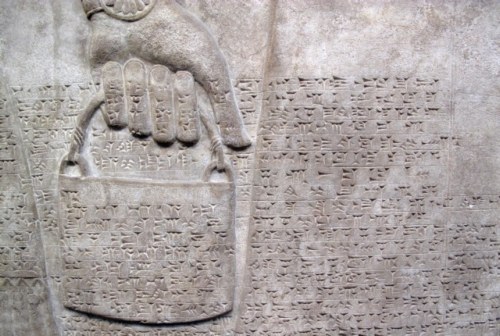How can periods of prolonged drought change state institutions and affect social development? This is the question behind the INRES project, funded with 2 million euros by the Advanced Grant of the Italian Science Fund (FIS 2).
The project aims to analyse how the institutional forms of 44 important Mesopotamian settlements evolved in response to one of the most significant historical climate change events, which occurred over 4,000 years ago.
“Periods of severe drought influenced the development of the first stable states both directly—due to the deterioration of agricultural production—and indirectly—by prompting the emergence of more inclusive institutions”, says Carmine Guerriero, professor at the Department of Economics of the University of Bologna, who leads the project. "Climate change led the ruling elites to grant greater political and property rights to other social groups that could contribute to overcoming the moment of crisis, thereby fostering broader economic cooperation”.
The project is part of the ORIGINS research initiative, which brings together some of the most renowned archaeologists, economists, jurists, and political scientists to build and analyse the first dataset on institutions not only for what concerns Mesopotamia but also Egypt, China, and the Indus Valley during the Middle Bronze Age.
“When the rights of non-privileged classes are better protected, they feel more confident that a sufficient part of the economic benefits deriving from collaboration with the elites will be distributed, also through the creation of public goods”, adds Guerriero. “In the meantime, the accumulation of cultural capital increases their well-being and makes them a more reliable counterpart”.
However, the INRES project is not only focused on the past. In fact, the results of the analyses of the socio-economic changes in ancient Mesopotamian settlements affected by drought can also be applied to the current climate crisis.
“Our proposal is to use this empirical approach to understand how today's developing countries respond to climate change at an institutional level”, says Guerriero. “This way, the INRES project can acquire an even broader perspective, examining the link between climate change, the development of state institution, and social resilience”.

